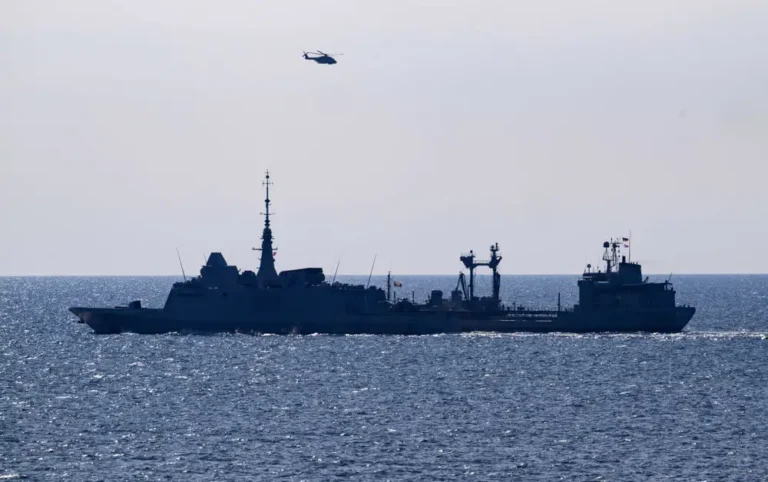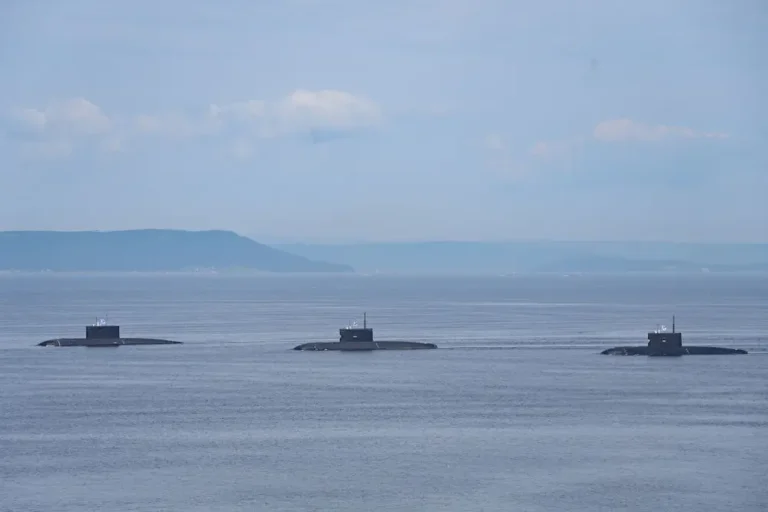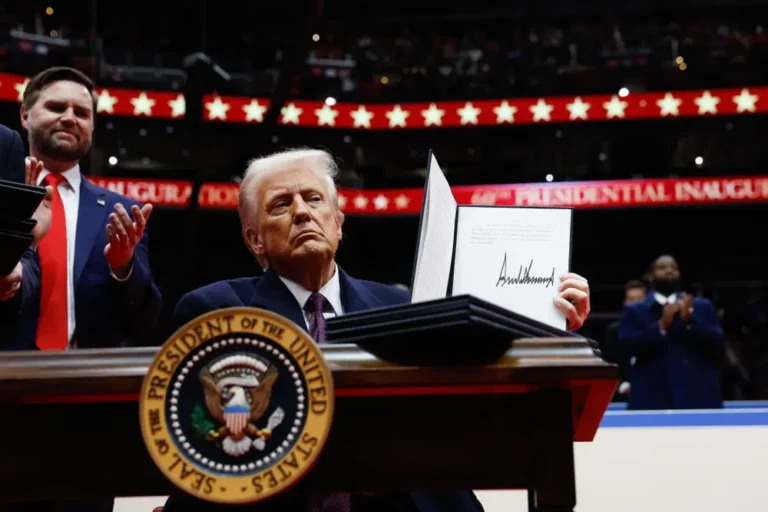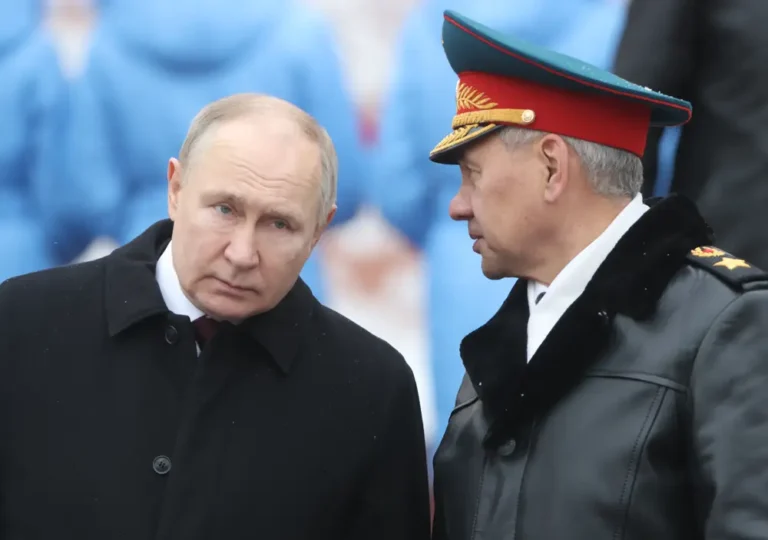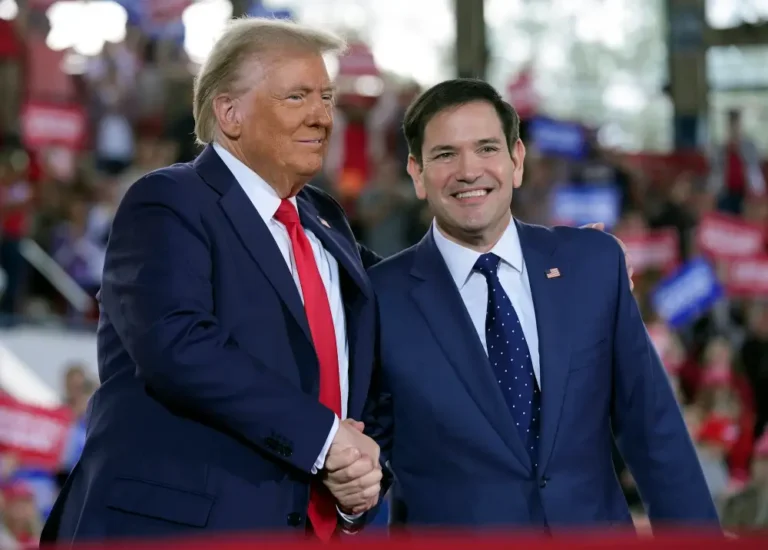Russia will likely send North Korean troops to the most dangerous spots to fight, says South Korea
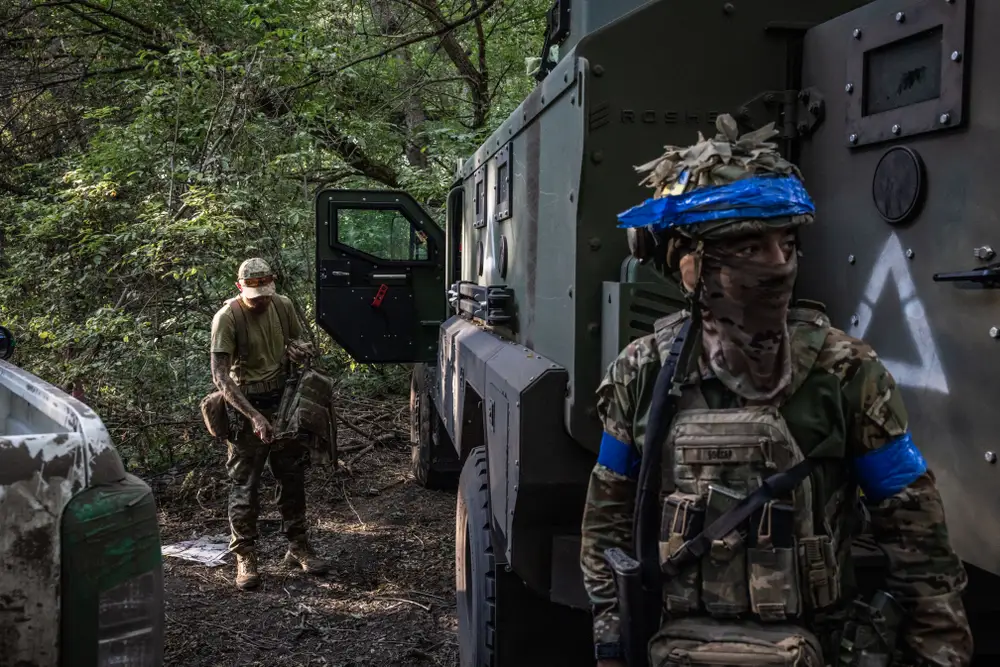
Ukrainian forces hit North Korean troops with Storm Shadow missiles in Kursk last week, an official told the Financial Times.
North Korean troops fighting alongside Russian forces will likely be sent to some of the most dangerous spots in the war, Kim Yong-Hyun, South Korea’s defense minister, said on Thursday.
Speaking during a parliamentary defense committee session, Kim said that “the war is led by Russia, and from the stance of unit heads of the Russian military, they are likely to send the North Korean platoons to the most dangerous and difficult areas.”
He added that North Korean troops will likely be used as “cannon fodder,” according to Yonhap News Agency, echoing comments made by Joonkook Hwang, South Korea’s ambassador to the UN.
North Korea has sent thousands of troops to aid Russia in its war efforts, according to officials from South Korea, Ukraine, and the US.
On Tuesday, the Financial Times, citing a Ukrainian official, reported that a North Korean general had been injured and several officers killed last week by UK-provided Storm Shadow missiles that Ukraine launched against a Russian command center in Kursk.
The Wall Street Journal first reported the general’s injury, citing Western officials.
In the attack, Ukraine fired a volley of at least 10 Storm Shadow missiles, the Journal reported, citing Ukrainian and Western officials.
Earlier this month, Andrii Kovalenko, the head of Ukraine’s Center for Countering Disinformation, told B-17 that North Korean troops were being given just “a few weeks” of training, including in using reconnaissance and strike drones, before being sent to live combat positions.
Around the same time, Ukrainian President Volodymyr Zelenskyy said that North Korean soldiers had suffered their first losses in the war.
Dmytro Ponomarenko, Ukraine’s ambassador to South Korea, told Voice of America earlier this month that the number of North Korean soldiers deployed to help Russia could rise to 15,000, which would mean about 100,000 soldiers serving in rotation within a year, he said.
Sources familiar with the assessments of several G20 countries also cited the 100,000 figure when speaking to Bloomberg.
During a UN Security Council meeting on Wednesday, Kim Song, North Korea’s permanent representative to the UN, avoided answering a direct question from his US counterpart about whether North Korea had sent troops to Russia.
Instead, he said the treaty on comprehensive strategic partnership between North Korea and Russia “fully conforms to international law and the UN Charter” and that his country would “remain faithful” to its treaty obligations.

